Is there an issue with pilot mental health? Many in the industry think so, particularly when it comes to stigmatizing pilots who seek help.
Unsurprisingly, a shock rippled through the aviation industry when Alaska Airlines pilot Joseph Emerson tried to shut down the engines of a Horizon Air E175 in the middle of a flight. At the time he was off-duty, jump-sitting in that cockpit, a common practice for commuting pilots.
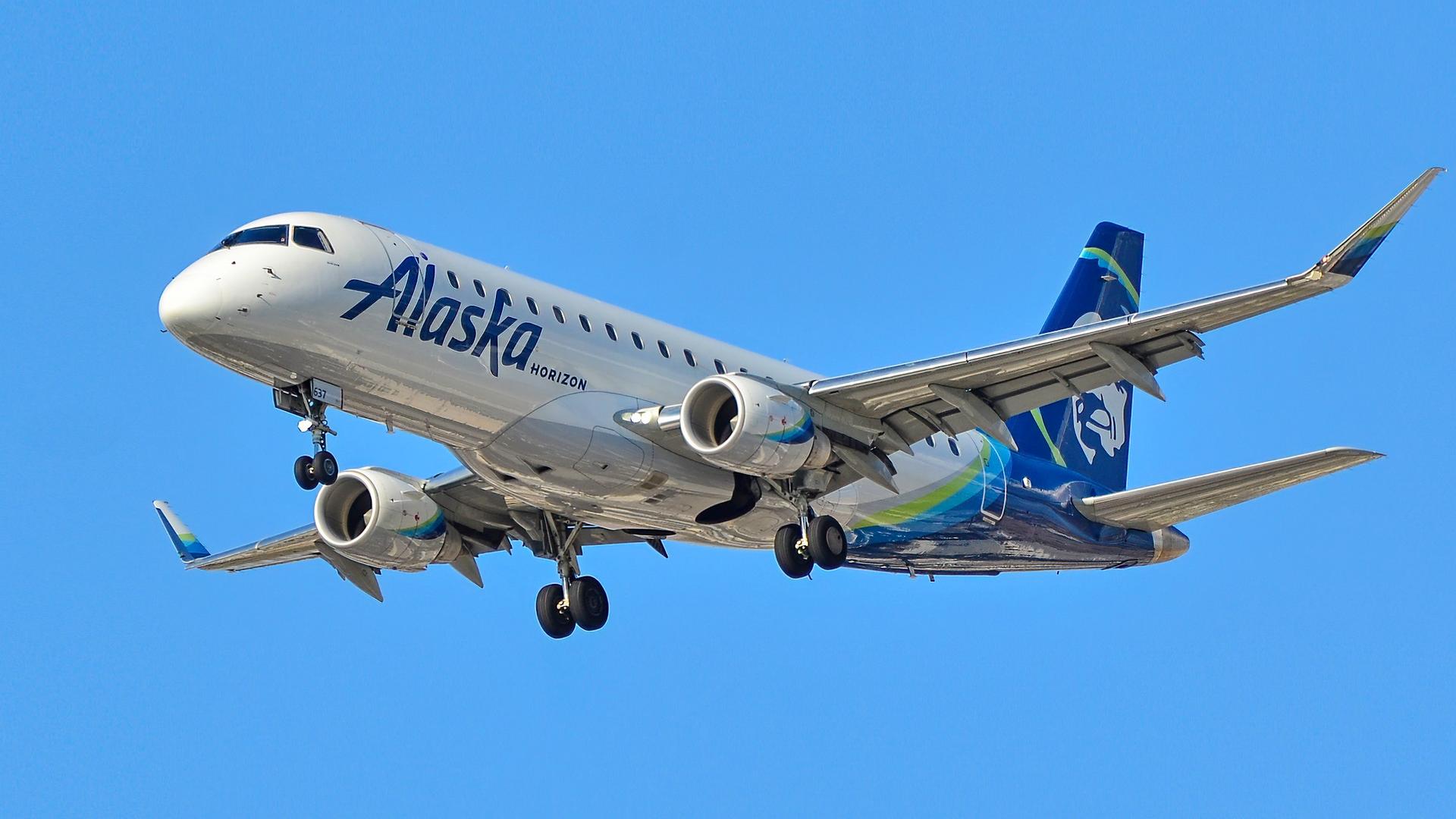
This troubling event happened just before a U.S. Congress committee was due to meet, to discuss flight safety. Previously, people expected the main focus of this Congress committee to be Air Traffic Control.
Many see ATC shortages as a key factor in what many describe as a rise in runway incursions and other close calls this year. Determining the seriousness of this problem is quite difficult since some of these events go unreported.
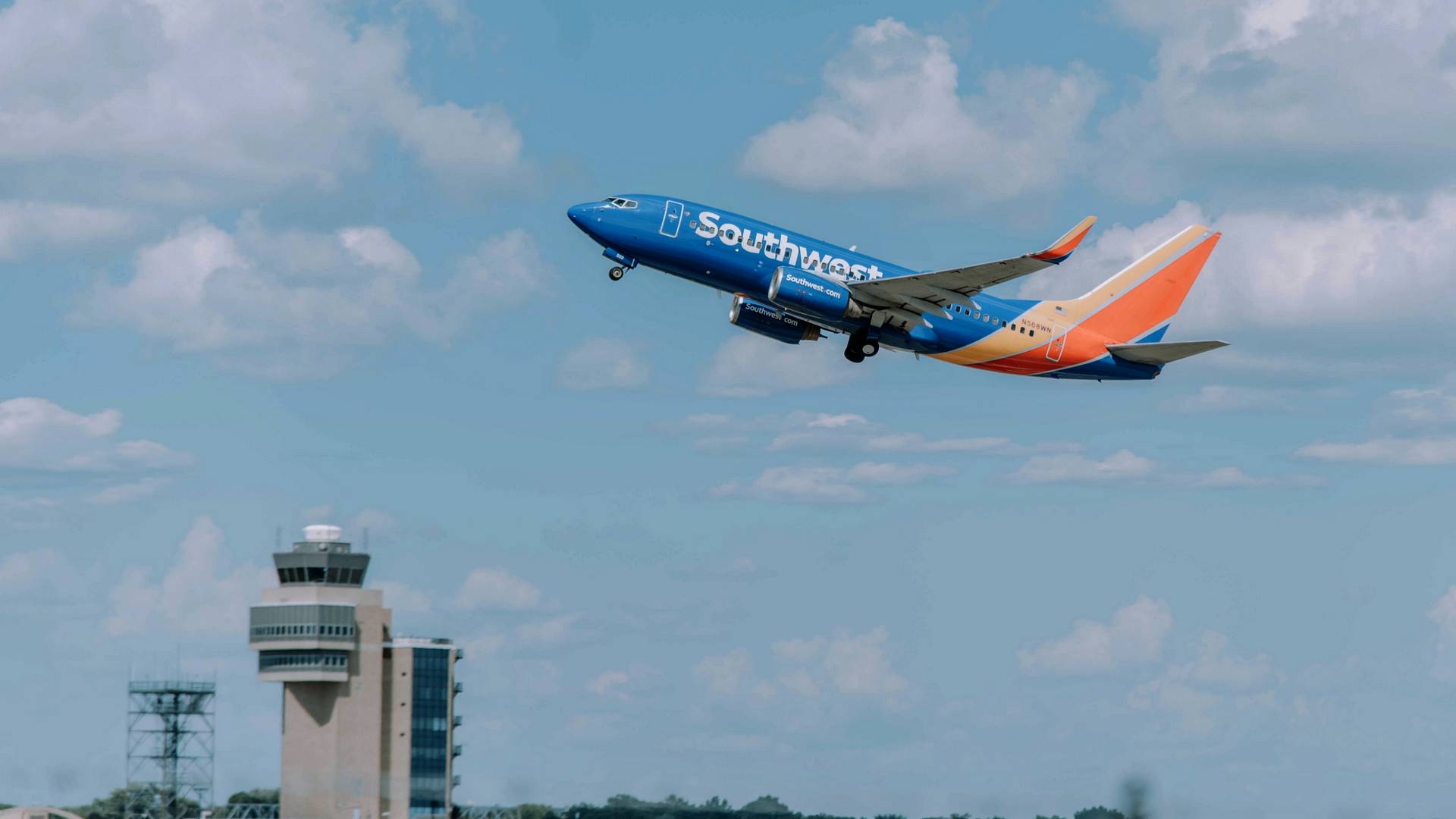
In any case, the Horizon Air/Alaska incident brought pilot mental health to the fore. On the 9th of November, FAA Administrator Mike Whitaker announced that the agency would name a pilot mental health committee. The role of this committee will be to examine why pilots avoid reporting such issues today.
National Transportation Safety Board chair Jennifer Homendy added that pilots’ current mental health monitoring system is broken, “…and has been for a really long time”. This is because pilots know that any mention of mental or anxiety issues could ground them for lengthy periods.
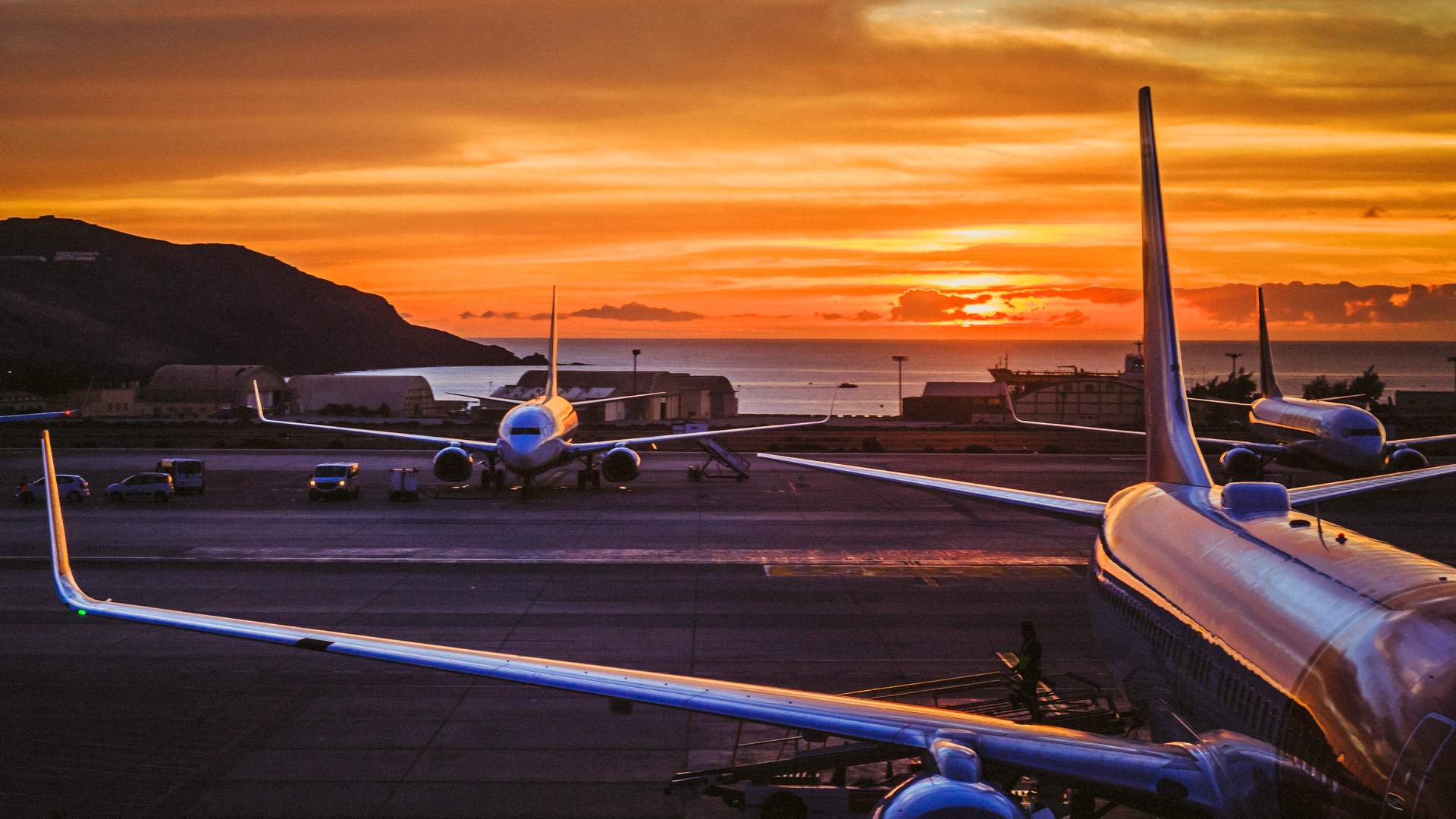
The Ugly Side Of Pilot Mental Health
This drives some pilots to self-medicate or seek help away from the aeromedical system, without reporting it. Or (perhaps worse), they may do nothing, letting problems build. ALPA and other pilot unions have been calling for action on this issue for some time. People should feel safe to seek help if they need it.
Both the FAA and NTSB heads, as well as the pilot unions, have pointed out that mental health is dynamic. The pilot community should benefit from strides in mental health care that already benefit the general public.
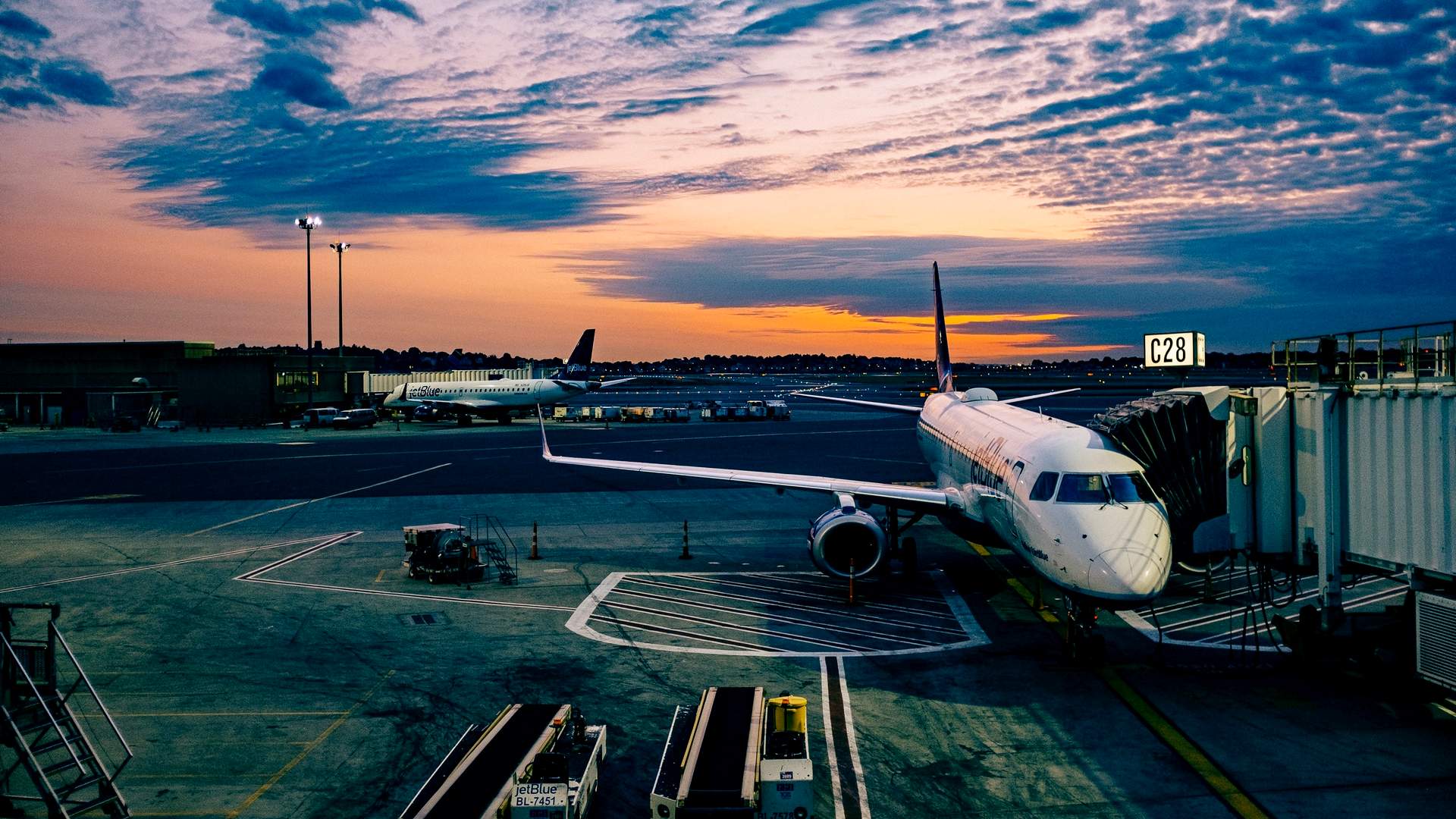
Unfortunately, this new focus on mental health didn’t benefit Joseph Emerson, the Alaska Airlines pilot. Emerson reportedly refused to speak with a doctor, after his therapist said he may be dealing with depression.
The pilot knew that a prescription of antidepressants would very likely ground him. Then a few days before the incident flight, he took psychedelic mushrooms for the first time, at the suggestion of some friends.
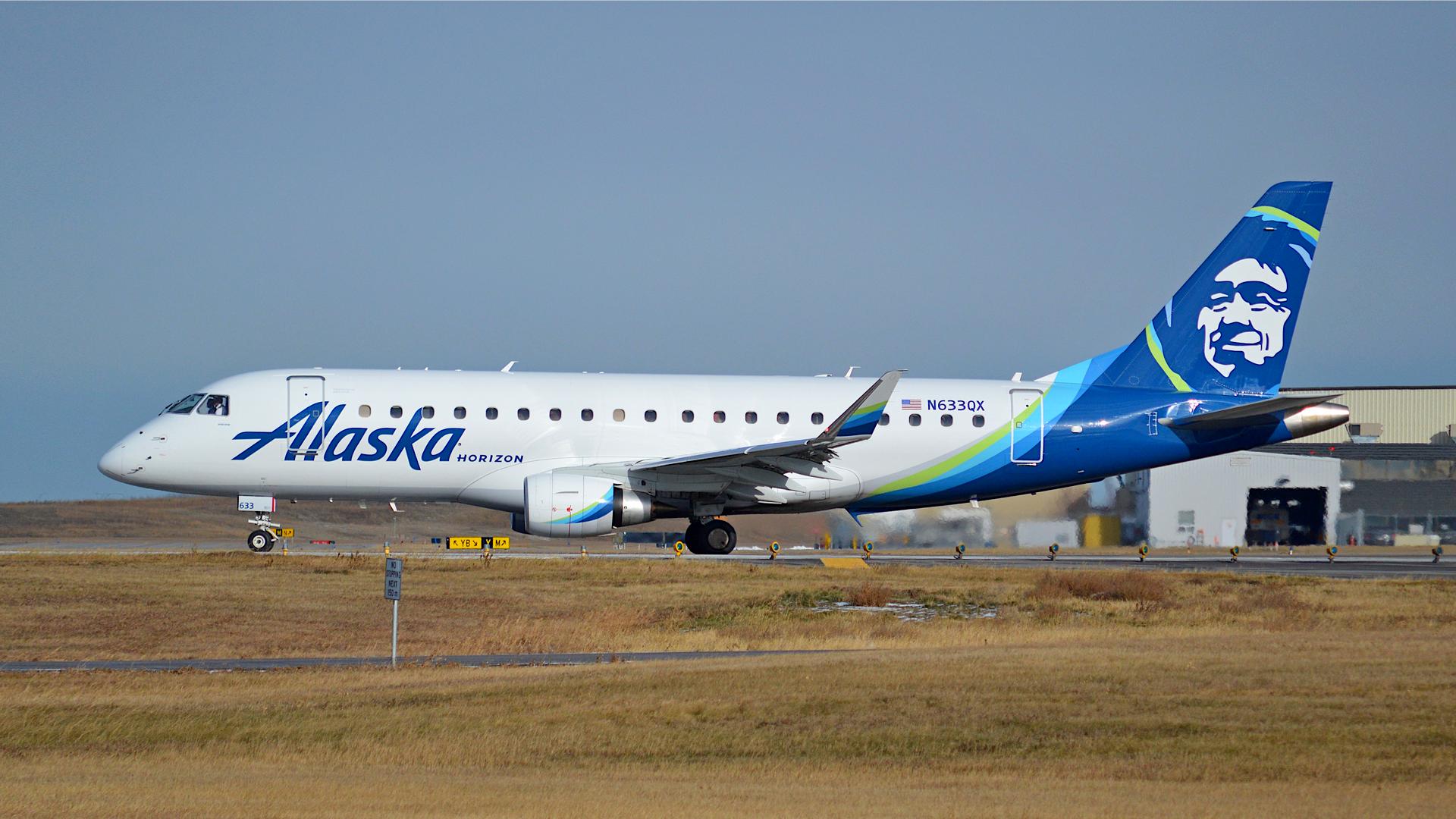
In an interview, the pilot said he believed that during the incident, he thought that everything around him was a hallucination. He tried to pull the engine fire handles in the Embraer 175, to force himself to wake up.
This incident ended without any injuries to anyone. But it became a stark example of how things can go wrong if the pilot community isn’t confident that mental health problems can’t be dealt with directly.




3 comments
Barbara Wilcox
Truly I feel for Capt. Emerson, even though what he did was wrong on so many levels. I’m not a psychologist and I don’t know his diagnosis, if any, but fear of grounding and stigma should not have had to lead him to take mental-health matters into his own hands.
Some observations:
1) Many mental health conditions can be treated without medication — including depression — especially if the condition is treated before it becomes incapacitating. In fact, talk therapy is considered a frontline treatment for trauma, which Capt. Emerson mentions in the NY Times story. The airline industry needs to look at the science.
2) Mushrooms’ hallucinogenic effects generally last only a few hours, so it’s unclear why he was delusional in the aircraft two days later.
3) The mushroom dose used to treat depression (and this is illegal though decriminalized in parts of Calif.) is much lower than that used to produce hallucinations, so Capt. Emerson seems to have been very poorly advised.
4) All in all there should be better supports for pilots in similar distress so they don’t take idiot advice. Now a pilot with 20K hours is rendered useless and all the investment in his career is down the drain.
Gordon Flygare
In the Cold War the USAF had 10 training bases with an output of about 5000 pilots a year. After ten years this was twice the need for majors and four times the need for colonels . Plenty of young pilots were excess and needed jobs when they left the military. The airlines had the pick of fully trained thirty year old pilots leaving the service.
The lucky ones joined Delta or American and the unlucky Eastern or PanAm. Who could have guessed?
Pilot resources are a national asset and should be seen as such.
This problem is a result of the neglect of the resource when we lost the SEA War which kept the pipeline full.
Patrick Butler
Pilots overall health should certainly be taken care of for many reasons. They have the safety of, sometimes, hundreds of people in their hands. The problem is that that will cost money. To get to the bottom of this problem, use the technique in Watergate, follow the money. I don’t think anything will be done until it starts to reduce profits. Next do maintenance. 20 year A&P mechanic here, since retired.